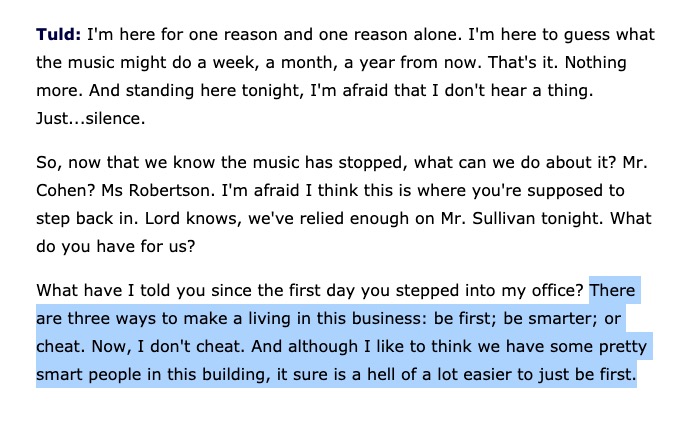
1/ One lesson I learned from sports is that the best way to be good at a thing is to do a lot of that specific thing.
This seems very obvious but often people don't do it.
This seems very obvious but often people don't do it.
2/ In the case of sports, lifting weights and being in good shape can help you be good at basketball, but the person who is less in shape but plays a lot of basketball will be better.
3/ I went to high school with a few people that went on to play D1 sports (one went pro) and none of them really spent a lot of time in the weight room, but they practiced their sport a ton.
4/ Doing both is obviously ideal but time is limited and you're almost certainly better off spending 80% of your time doing the specific thing you want to be good at.
Then spend 20% of the time doing peripheral things.
Then spend 20% of the time doing peripheral things.
5/ In a professional context, people often spend most of their time working on all the ancillary things they think will be helpful, but would almost certainly be better off just doing the thing they ultimately want to be doing.
6/ Of course, it would be helpful to know advanced math if you want to works as a software engineer, but you'll probably get better faster if you just write a bunch of code.
• • •
Missing some Tweet in this thread? You can try to
force a refresh



